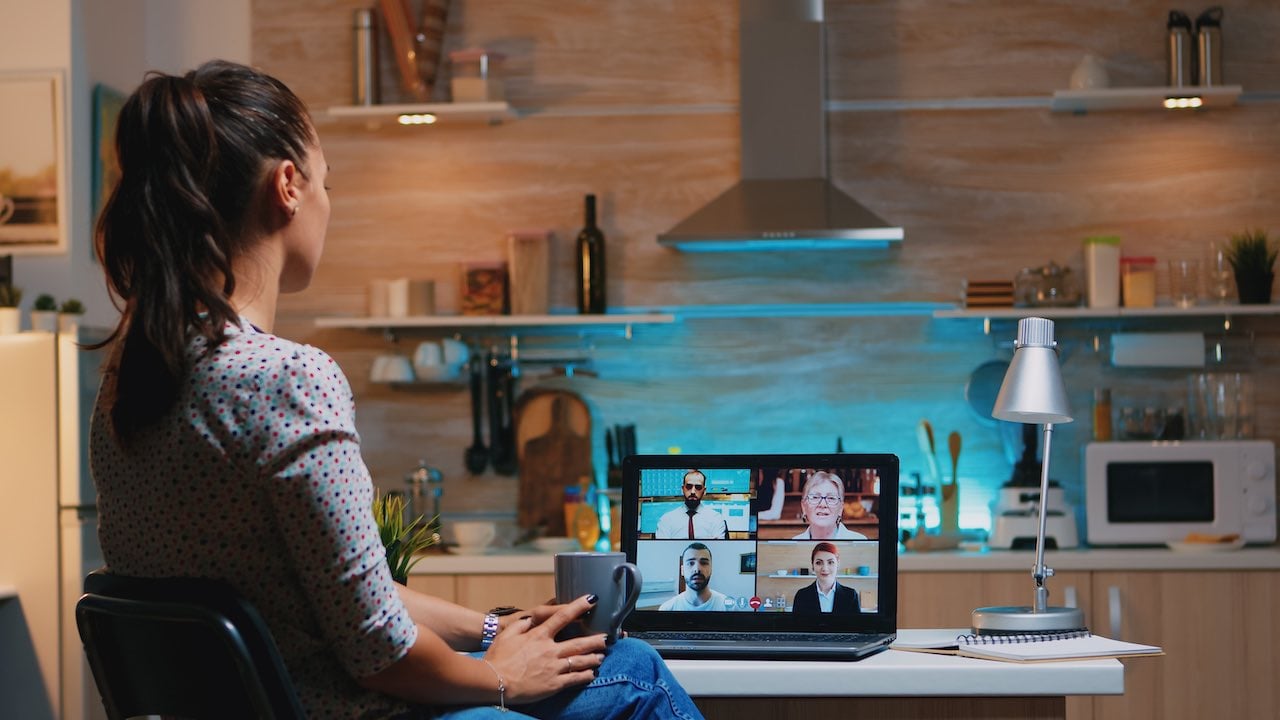Virtual events have exploded in popularity over the past year, and for good reason. They offer a convenient and cost-effective way for brands to connect with their audience, whether for a product launch, conference, or networking event.
While online events initially seemed like a temporary solution for gathering people during the time of COVID, their benefits have made them an essential part of any marketing strategy. In fact, fully virtual events make up the majority of marketing events worldwide (40%). Clearly, the trend isn’t going anywhere anytime soon.
But with so many different types of virtual events to choose from, how do you know which one is right for your brand? Here are a few things to consider when deciding on the type of virtual event that will best suit your needs:
- Your audience: Who are you trying to reach with your event? Different types of virtual events will appeal to different demographics, so it’s important to consider the age, interests, and preferences of your target audience. For example, a webinar might be a good fit for a more professional or business-oriented audience, while a virtual trade show might be more suited to a consumer-facing audience.
- Your goals: What do you hope to achieve with your virtual event? Do you want to generate leads, educate your audience,q or simply build brand awareness? Different types of virtual events are better suited to different goals, so it’s important to align your event with your desired outcomes.
- Your resources: What resources do you have available to put towards your virtual event? Different types of virtual events require different levels of investment in terms of time, money, and personnel. For example, a large-scale virtual conference will likely require more resources than a smaller webinar or QandA session.
Popular types of virtual events
With these factors in mind, let’s take a closer look at some of the most popular types of virtual events and how they might be a good fit for your brand:
Webinars
Advertisement
Webinars are a popular choice for brands looking to educate their audience on a specific topic or product. They can be delivered live or pre-recorded, and typically involve a presenter or panel of speakers delivering a presentation to a virtual audience. Webinars can be a great way to generate leads, as attendees can opt-in to receive follow-up information or offers.
Many of the top webinar platforms also offer features like polls, QandA sessions, and chat boxes to keep participants engaged throughout the event, thus offering you a great way to build relationships with your target audience.
Virtual trade shows
Virtual trade shows are a great way for brands to showcase their products or services to a large audience. They typically involve a virtual exhibition hall where attendees can visit virtual booths and interact with exhibitors, as well as keynote presentations and networking opportunities. Virtual trade shows can be a great way to build brand awareness and generate leads, and they can be a great way to foster relationships with customers and partners.
Virtual conferences
Virtual conferences are larger-scale events that often involve multiple tracks and sessions over a period of several days. They can be a great way for brands to showcase their expertise and thought leadership and network with industry professionals. Virtual conferences can be an effective way to generate leads and build brand awareness, but they typically require more resources to produce than smaller events. Therefore, it’s important to consider the size of your budget and staff before committing to a virtual conference.
Virtual networking events
Virtual networking events are a great way for brands to connect with their audience and build relationships. They can be as simple as a virtual happy hour or coffee break, or as structured as a speed networking event. Virtual networking events are a great way to build brand awareness and create opportunities for collaboration.
Choosing the right event for your brand
Now that you have a better understanding of the different types of virtual events out there, it’s time to decide which type is right for your brand. Ultimately, only you can determine which type of event will best meet your goals, but hopefully, this guide has given you an idea of where to start.
If this is going to be your first virtual event, then it may be best to start off small and work your way up to the more complex or expensive events. That way, you can get a feel for virtual events and gain some experience before diving into something bigger. Doing so will also enable you to get feedback from your audience and make sure you are delivering the best possible experience for them.
However, if you are already more experienced with virtual events and have the resources to put together something more complex, you may find a greater ROI with a larger virtual event. Just remember to keep your audience in mind and make sure that whatever you choose is relevant and engaging for them.

